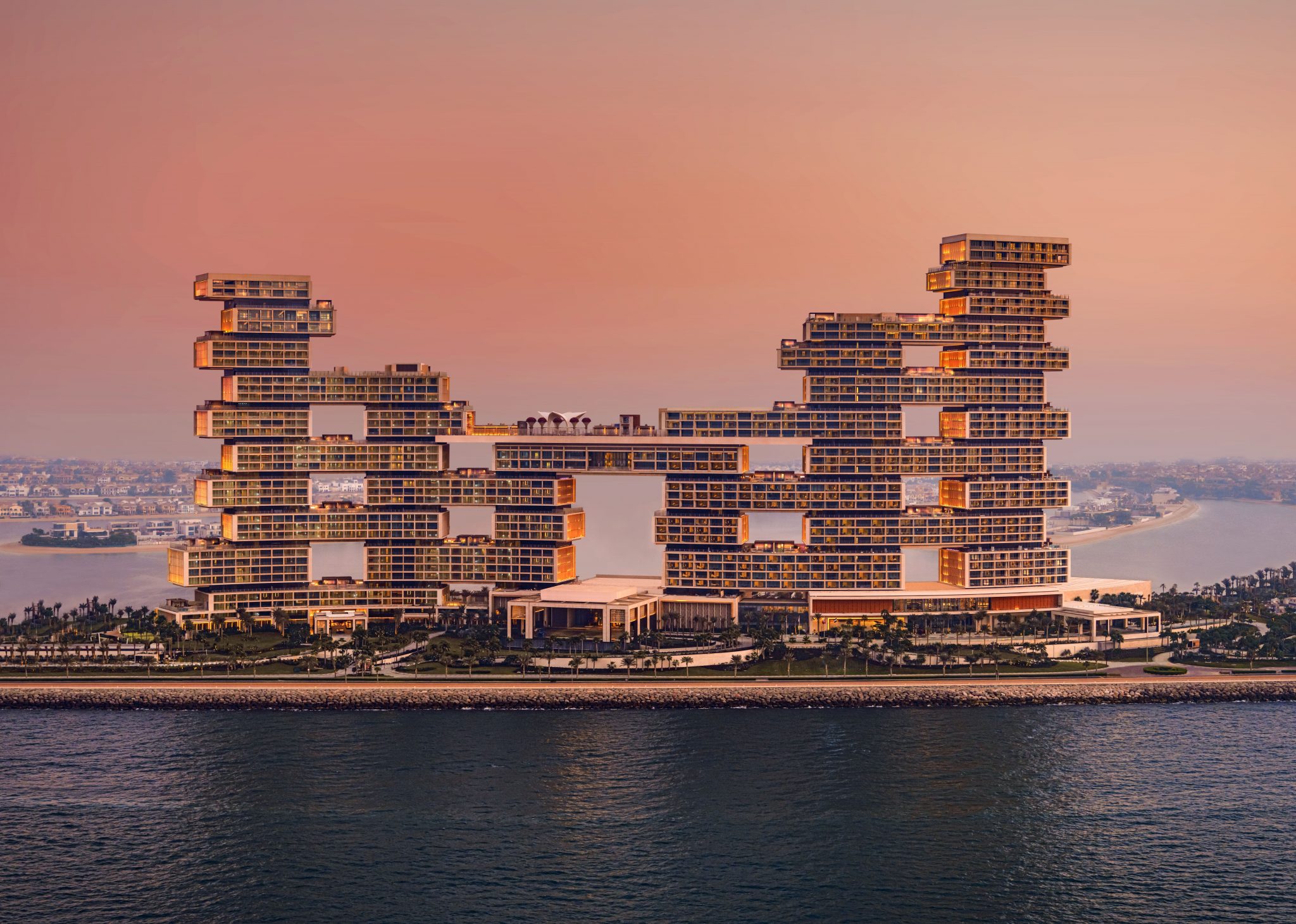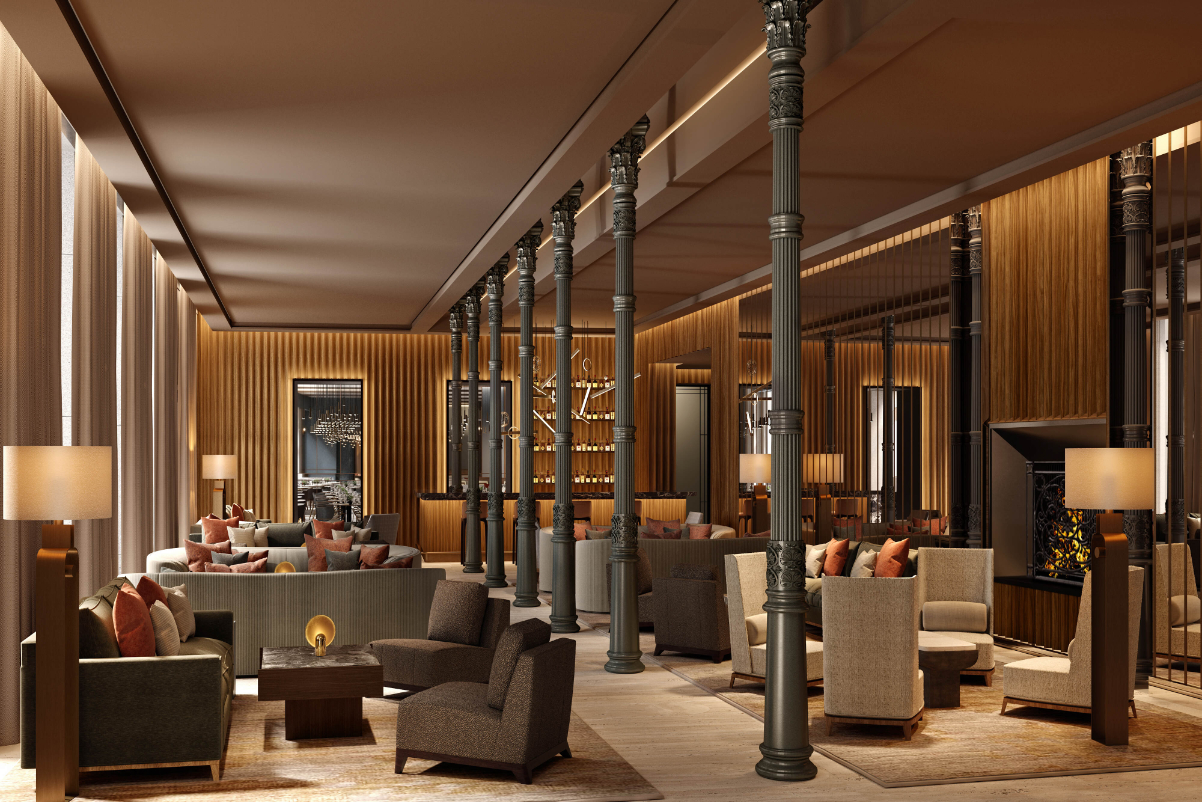The Future of Middle East Travel and Tourism: 5 Big Questions For CEOs

Skift Take
The Middle East's travel and tourism ambitions can seem unbelievable: 150 million visitors into the once-closed off Saudi Arabia, 40 million visitors to the UAE – big goals keep getting more ambitious.
The Skift Global Forum East returns to Dubai from December 12 to 14 and we'll be speaking to the most important travel executives from the region to better understand how it might all play out.
I'm Skift's reporter based in Dubai, and here are the questions I'm excited to get answers to.
1: Can Dubai Keep Growing?
Dubai is a small city, similar to the size of Houston, Texas, and much of its land is a desert.
And yet, by the end of this year, Dubai is projected to have 140,000 hotel rooms – that's more than Las Vegas. It was drawing in almost 17 million visitors before the pandemic and aiming to surpass that this year.
Issam Kazim, Dubai Tourism CEO, will speak about the future of Middle East's travel and tourism, taking a macro view of the industry and how that will shape Dubai's growth trajectory.
2: Will Dubai's Hotel Brands Go Global?
Hotels such as Burj Al Arab Jumeirah, Atlantis The Palm and the Address hotels have cemented Dubai as a luxury travel destination. And now these companies are starting to look beyond the comforts of the United Arab Emirates.
Katerina Giannouka, CEO of Jumeirah Group and Mark Kirby, head of Emaar Hospitality Group will take part in a panel discussing the future of these local hotel brands and why now is the time for many of them to take a more global approach.
3: How High Can Saudi's Riyadh Air Fly?
Saudi Arabia is having its moment. The kingdom has staffed up with the most powerful travel executives and is tapping into its coffers to build its tourism industry.
An important part of the plan is aviation, and the country has its own brand-new airline, Riyadh Air. Headed by former Etihad boss Tony Douglas, Riyadh Air aims to connect to 100 destinations by the end of the decade, add billions to the economy and provide employment to thousands of people.
At the Skift Global Forum East, Douglas will discuss just how impactful Riyadh Air could be and its place in the ultra-competitive Middle East carrier market.
4: Is It Really All About Luxury?
Almost every day, a new super-luxury hotel in Saudi Arabia appears in the news. Leyja and Epicon in Neom, eco-retreats in the mountains and Maldives-inspired hotels along the Red Sea coast. How many travelers can realistically book into these exclusive hotels?
Our panel "Expanding Hospitality’s Range and Opportunity" will look at the importance of diversifying the region's accommodation supply, whether that's more mid-market hotels, short-term rentals or more experience-focused stay options.
We'll be hearing from: Claudio Bellinzona, chief supply officer at TUI Musement, Mona Faraj, MD of HSMAI Middle East and Paul Bridger, COO of Rove Hotels.
5: Where Are The Cultural Experiences?
Dubai has made a name for itself as a shopping superpower and Saudi Arabia is deploying similar tactics to build its international consumer base. But the Middle East is a rich tapestry of nuanced and varied cultures.
Middle East travel and tourism will focus more and more on highlighting these cultures as the region looks to build a more connected tourism experience. The GCC states are, for example, launching a unified visa in the coming years to prompt travelers to explore the wider region.
Accor CEO Sébastien Bazin and Skift CEO and founder Rafat Ali will look beyond the Western lens in Middle East hospitality.





